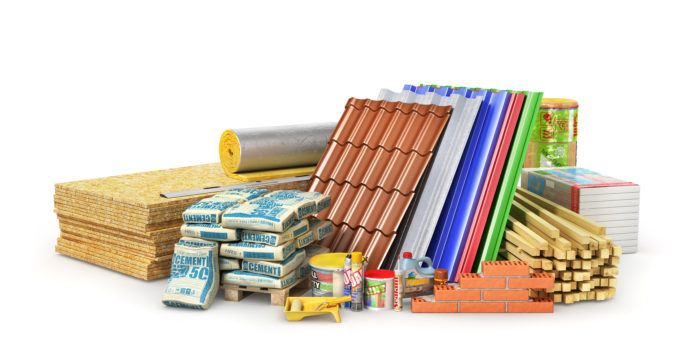All regions are reporting the best product availability in two years, both in the range and volume of products available and delivery/lead times as the industry enters Q4 2022.
The latest statement from the Construction Leadership Council’s (CLC) Product Availability working group reported that availability of bricks has significantly improved and deliveries of aircrete blocks are being managed, with manufacturers reporting strong sales of foundation blocks.
Historically this leads to increased sales of above ground blocks four to six weeks later. This year there is less correlation, and the increased below ground activity is likely due to builders seeking to get new starts registered before changes in Part L regulations next June.
However, there are early signs of softening demand despite construction sectors remaining resilient and infrastructure and housebuilding activity remaining strong. This is most clearly seen in the home improvement sector, where the rising cost of living and increased costs of finance are denting consumer confidence, but also in a reduction in the number of large commercial construction contracts being placed.
Softening demand has led overall product price inflation to moderate slightly, dropping from 25% to around 17%. Nonetheless, concerns remain over inflation tied to energy costs for manufacturers, despite the Energy Bill Relief Scheme announced by government last month and the fact that many manufacturers have already hedged energy costs. The concerns are greatest for energy intensive products such as bricks, blocks, glass, steel, cement and ceramics that have already seen sustained price increases during 2022. Some suppliers have already announced further increases from January.
Meanwhile, timber prices have fallen and there is plenty of stock on the ground, especially standard softwood sizes. There are, however, gaps in specialty markets such as birch plywood, which is affected by sanctions against goods from Russia.
The CLC says that anyone sourcing birch plywood should request full due diligence documentation to ensure it is legally sourced from Finland and Latvia. Furthermore, the is cheap birch plywood coming from China and Vietnam, where there are no birch forests, and is likely sourced from Russia. Russian birch logs processed elsewhere cannot be legally sold in the UK.
Availability is not an issue for steel but rising rebar prices may be, again due to increased energy costs throughout Europe. This has led to importing products from more unusual markets including Egypt, which may be of lesser quality. The EU has also banned the import of semi-finished steel product from Russia, which may affect the availability of some steel products, particularly steel plate.
Shipping and logistics costs, capacity constraints and delays remain problematic but appear to be easing, though this is still very volatile depending on the products, countries and mode of transport involved. For example, in general container shipping prices from Asia to the UK have dropped over 50% since January and punctuality has improved.
The report found that the consensus amongst industry analysts is that high oil prices, strained global infrastructure, labour issues, Covid shutdowns in China and the war in Ukraine will cause logistics-related problems to persist and costs to remain elevated for the foreseeable future




